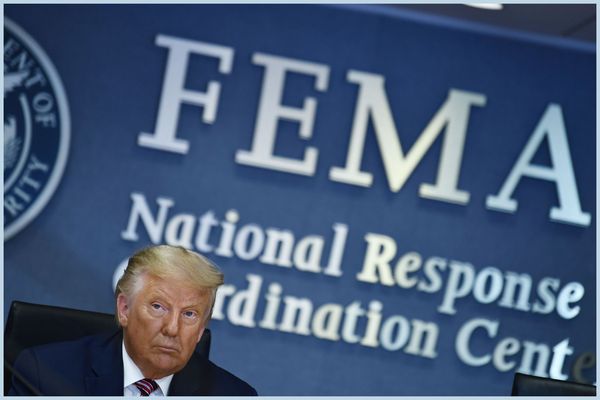
Sir Sadiq Khan’s policing deputy faced questions on Wednesday over the continually low levels of trust and confidence Londoners have in the Metropolitan Police.
The criticism comes two years after Baroness Casey concluded in a scathing review that the Met was “institutionally” racist, sexist and homophobic.
Her 363-page report warned that the force “should be reformed so that the Peelian principles of policing by consent – securing and maintaining the respect and approval of the public – are its guiding principles”.
But according to public attitude surveys conducted by the Mayor’s Office for Policing and Crime, trust and confidence in the Met remains far lower than when Sir Sadiq took office as mayor in 2016.
Confidence in particular is at an all-time low, with only 46 per cent of Londoners believing the police “do a good job in their local area” as of December 2024. This compares with an all-time high of 69 per cent in 2016-17.
At a meeting of the London Assembly’s police and crime committee, the committee’s Tory chair Susan Hall said of Londoners’ confidence in the Met: “I think we all need to agree it needs to be a lot better than it is now.”
Kaya Comer-Schwartz, deputy mayor for policing and crime, said: “I think we completely agree with that, and that’s why it’s one of the key priorities in the [mayor’s] new Police and Crime Plan.”
But Kenny Bowie, MOPAC’s director of strategy, stressed that there has also been “a wider decline [in confidence] across policing nationally”.
He said: “If you look at the Metropolitan Police compared with its comparator forces, it’s actually above the national average overall for confidence, and it’s above other forces like Greater Manchester Police. That’s not to say that more doesn’t need to be done - it does.”
Mr Bowie was referring to separate data collected as part of the Crime Survey for England and Wales, which found that as of September 2024, 56.5 per cent of Londoners agree that the police “can be relied on when needed”.
That figure sits above the national average of 51.2 per cent, and Greater Manchester’s figure of 50.5 per cent. West Midlands Police, who cover Birmingham, had an even lower figure of 46.8 per cent.
Five years previously, in December 2019, the national average was indeed higher, at 58 per cent, as were the figures for London (66 per cent), Greater Manchester (52 per cent) and the West Midlands (53 per cent).
Looking at the percentage of Londoners who say the Met is “an organisation they can trust” - which is measured by MOPAC separately from “confidence” in the force - Ms Comer-Schwartz pointed to a recent increase in that figure. The percentage has risen from an all-time low of 69 per cent in December 2023 to reach 73 per cent in December 2024.
But it remains far below the all-time high of 88 per cent recorded during Sir Sadiq’s first year in office in 2016/2017, which was shortly after the data began.
Ms Comer-Schwartz was separately challenged by Ms Hall over the fact that the mayor’s budget for the coming year includes £32m less than was anticipated to pay for the ‘New Met for London’ Plan - the Met’s programme of reform which was designed in response to Baroness Casey’s review.
The deputy mayor said the shortfall had come about because the Met had been underfunded by “over a billion pounds over a decade” under the last Government “and the low hanging fruit, for lack of a better term, all being taken”.
Ms Hall pointed out that Sir Sadiq has said that keeping Londoners safe is his “top priority” and questioned whether he will “put his money where his mouth is”.
Ms Comer-Schwartz said Sir Sadiq had already put an additional £10m into the Met, while continuing to lobby the new Government for a further uplift in funding from the Home Office.







